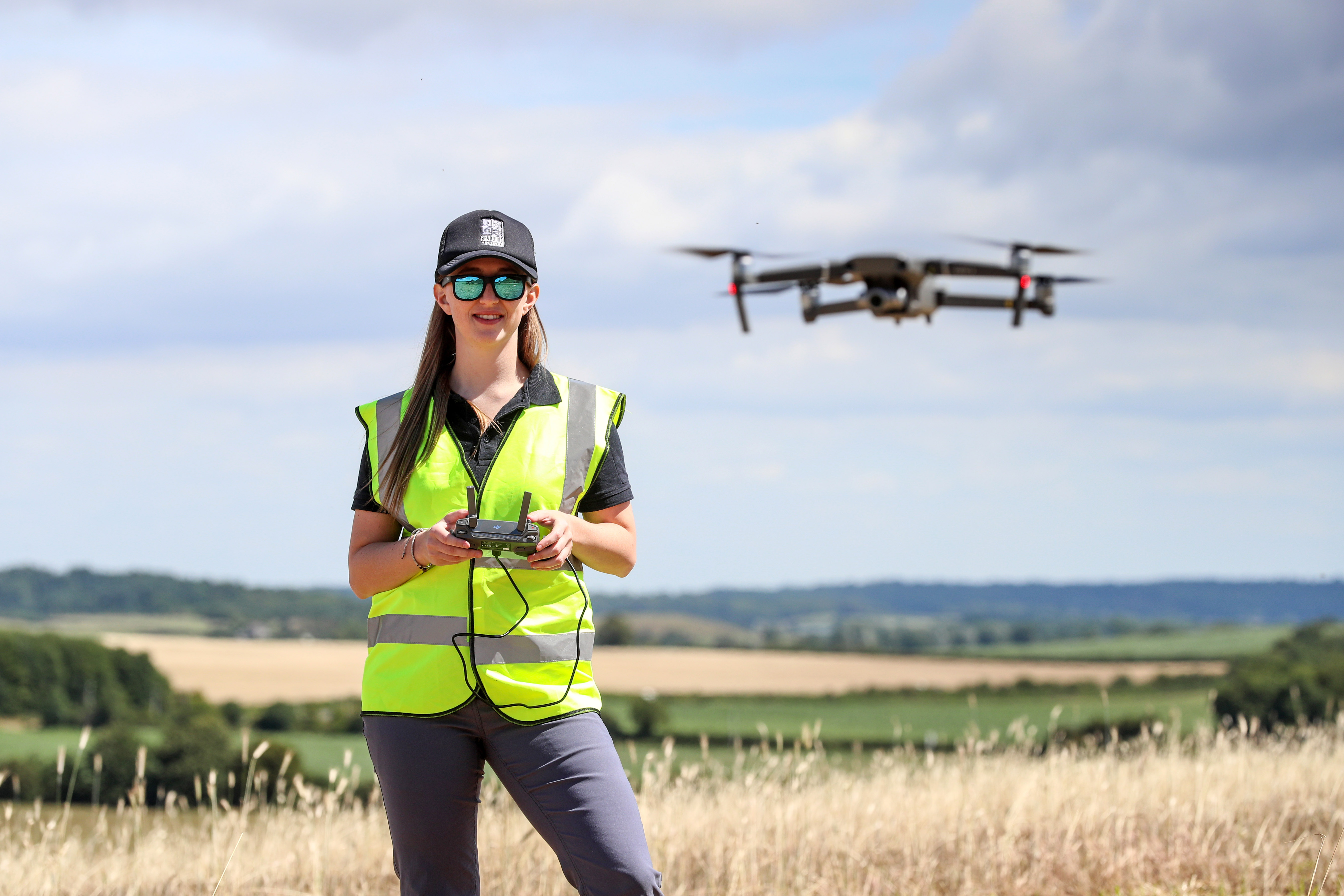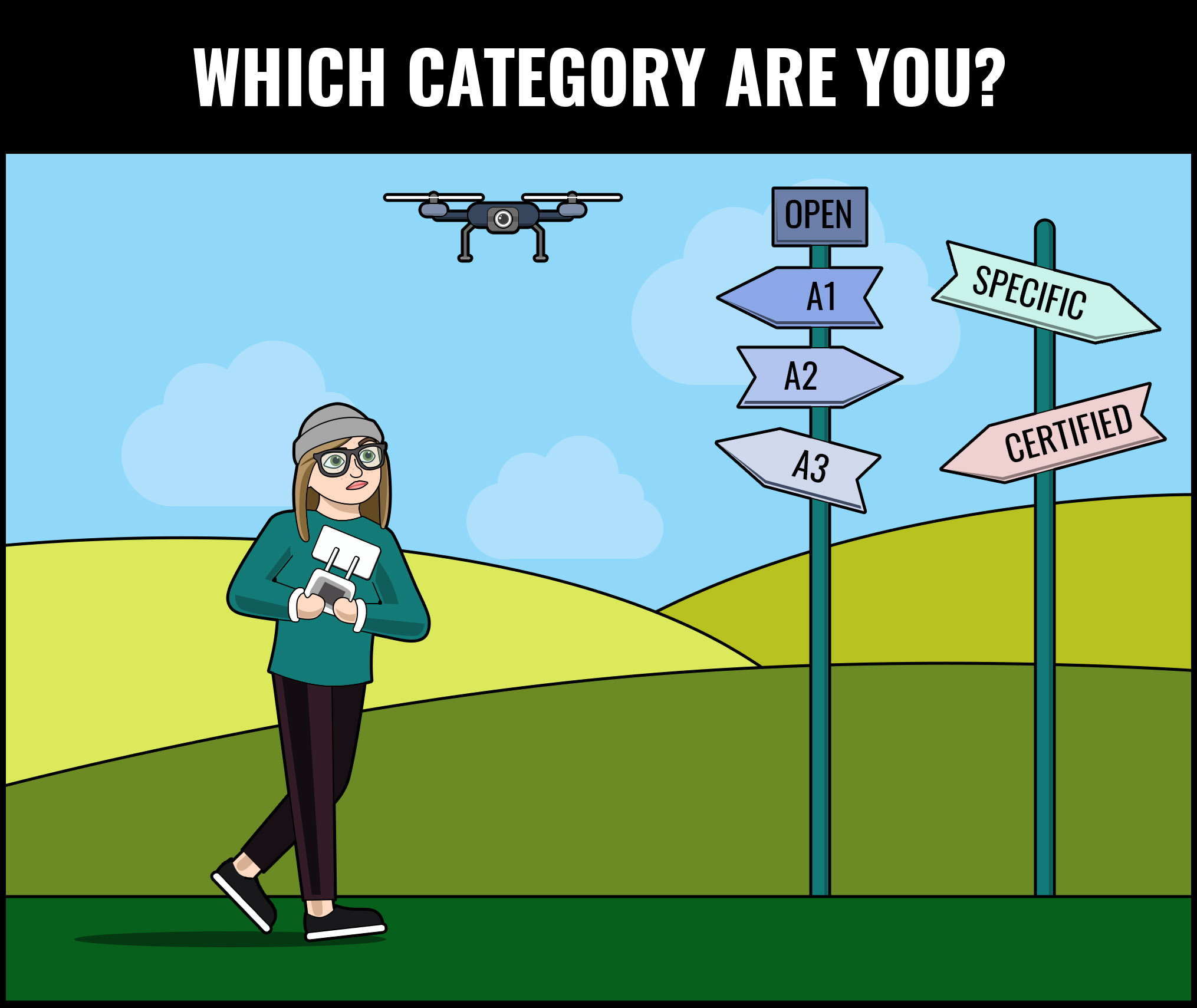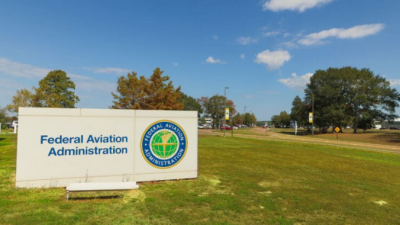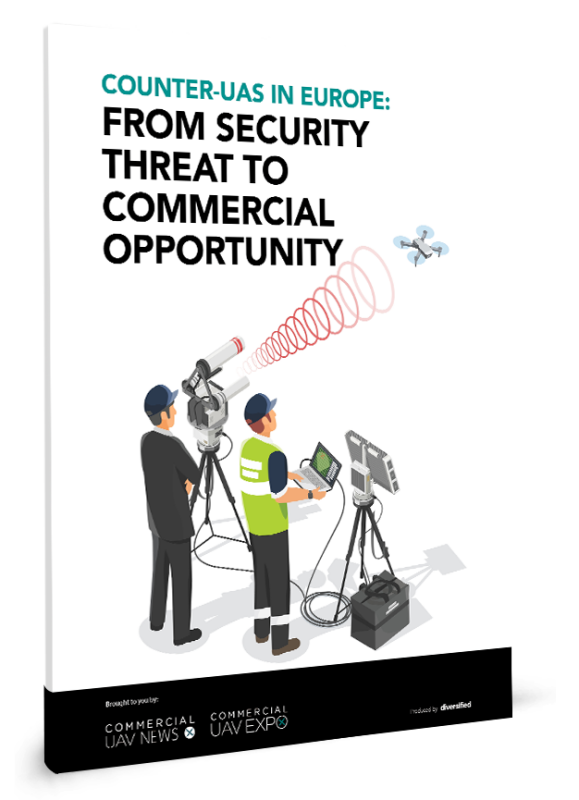Many EU countries will be experiencing a step change in drone regulations from 1st January 2021 as they adopt the ‘EU UAS Regulation Package’ and with this development brings a steep learning curve of finding which category applies to any given drone operation. Open? Specific? Certified? If the drone pilot falls into the Open Category, are they Subcategory A1, A2, or A3? SkyBound Rescuer have launched a FREE intelligent survey, dubbed the ‘Drone License Finder’, which simplifies this process for all EU drone pilots and is sponsored by Flock, HALO Drones, and Allan Panthera. Drone pilots simply complete a series of 3 to 14 ‘yes/no’ questions about their drone and how they intend on flying it, to then receive their category/subcategory results and personalised guidance based on the answers they gave. SkyBound Rescuer have made the EU drone laws simple for everyone; reducing reading times from weeks to minutes. Try it out today: www.skyboundrescuerproject.com/drone-license-finder
A “one size fits all” regulation is not a fair system, it causes drone pilots that are always flying low risk operations (such as flying in large, open, and empty fields) to be trained to the same standard and regulated as strictly as drone pilots flying higher risk operations (such as flying in a city). This is clearly not an optimal end state, which is why the European Union Aviation Safety Agency (EASA) has chosen to pursue a tiered approach to drone regulations through their use of drone pilot categories: Open, Specific, and Certified – with the Open Category being broken down further into Subcategories: A1, A2, and A3. Whilst categorising drone pilots into categories and subcategories does prevent the aforementioned drawbacks of a “one size fits all” regulation, it however brings with it regulation complexity and the challenge of deciphering which category applies specifically to any given drone operation.
Before now, to learn the new regulations, a drone pilot would have needed to read 332 pages – that is the combined total of the EU legal documents (Implementing Regulation and Delegated Regulation) and the EASA guidance document (Easy Rules for UAS Regulations) – in order to first work out which category applies to them and, to potentially reread it, to then learn what applies to their applicable category/subcategory. On top of that, the National Aviation Authorities of the countries that are adopting these regulations have also published separate guidance documents – for example, the UK’s Civil Aviation Authority (CAA) have published CAP1789, which is a further 47 pages of reading. Notably, people don’t all learn in the same way – generally speaking, learning styles are: reading, listening, visual and kinaesthetic. The current resources available are best for reading learners only, which means a large number of people may struggle to fully understand these significant changes to air law.
In my voluntary role as Director of Air Operations for a UK search and rescue (SAR) charity, Lowland Rescue, I need to ensure that all of our SAR teams have clear guidance towards safe, legal and effective drone operations. After realising how difficult these new regulations would be to learn for our volunteers via the publicly available resources, I wanted to simplify them in a different way for all of our 34 SAR teams. Writing another guidance document didn’t seem to be the right solution, especially as it’s tough to simplify these complex regulations without losing accuracy. Thus, I’d end up writing yet another lengthy document, which would add to the learning challenge and potential confusion. Solving this challenge was my main motivation behind the ‘Drone License Finder’.
My company, SkyBound Rescuer, has a proven track record for simplifying complex processes in order to optimise drone performance for all drone pilots – as evidenced by our Drone Procedure Optimisation Study – so I knew we were well placed to solve this problem for Lowland Rescue and the wider EU drone community. The result of our efforts is our new ‘Drone License Finder’, which is a FREE intelligent survey that will find out which EU drone category and/or subcategory a person falls into and will generate personalised guidance based on their category/subcategory and the answers they gave. Drone pilots simply complete a series of 3 to 14 ‘yes/no’ questions about their drone and how they intend on flying it. The number of questions depends on the answers they give. Once completed, they will be asked to sign up to SkyBound Rescuer’s newsletter to subsequently receive their category/subcategory results and their personalised guidance on their rules, legal articles, and training requirements – straight to their inbox, immediately!
Chris Newton, Drone Manager at Nottinghamshire SAR Team, said: “Our team fly drones for search and rescue as volunteers. Trying to learn complex drone regulations as volunteers is incredibly difficult to balance on top of our careers, families, and life in general. SkyBound Rescuer’s Drone License Finder makes understanding the new EU drone regulations so much simpler by directing you quickly and easily to the category that suits your needs. The bespoke email report at the end makes a great reference point for understanding which license you need. Thank you, Gemma!”
Complex regulations for drone pilots without simple guidance could result in mass confusion. Accidentally breaking air laws, due to misunderstandings, can ruin a drone pilot’s career and can – sometimes – hold the industry back if it is severe enough for National Aviation Authorities to respond with stricter regulations. These changes then add to the overall confusion. No one wants that to happen. The new EU drone laws are a great step forward, but they are complex. However, that doesn’t mean that they need to be complicated to learn. My goal with this project was to simplify everyone’s learning journey, to ensure no one accidentally breaks these new rules. And that’s exactly what we have achieved with our Drone License Finder – which is so exciting!
We could not have achieved our goal without our formidable sponsors, which are drone insurance provider – Flock, drone training provider – HALO Drones, and UAV business and legal consultants – Allan Panthera.
Lastly, I would like to note that we know it’s not called a “drone license” but when it’s the most Googled search term for drone training – “if you can’t beat them, join them!”















Comments